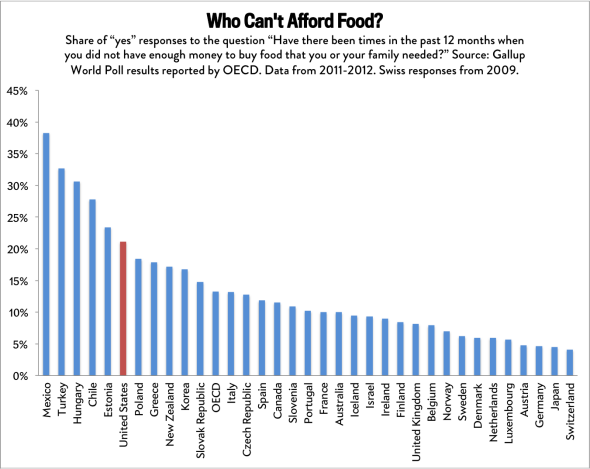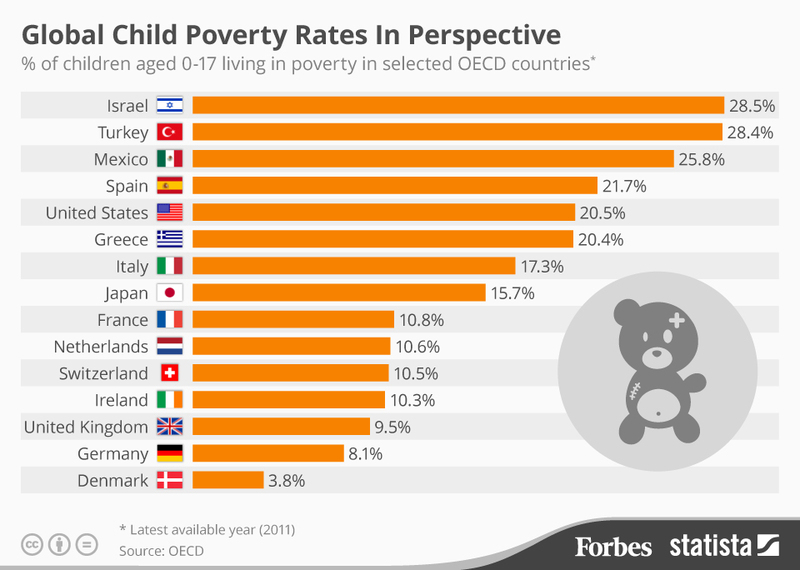e-Learning Ecologies MOOC’s Updates
Global Learners - Working Locally and Globally Simultaneously
Final Update:
Scholar as a Platform for Global Learning and Global Security
One of the things I like about the New Learning theory is the integration of personal experiences. I lived in Europe twelve years with my military husband, and I received much of my education while there. My Associate's Degree was from the University of Maryland – European Branch obtained while we lived in Germany. Most of the instructors were American scholars on a sabbatical in Europe writing a book, doing research, and some teaching at the university connected to the American military base. After moving to a base in Florida and finishing my B.S. degree in social science (psychology, sociology and environmental science); I received a M.A. degree in International Relations with a Political Economy Specialty at an Air Force Base in England. Most all of masters; program instructors also taught at Cambridge, Oxford, or the London School of Economics. Environment and personal experiences have been a tremendous influence on my ongoing lifelong learning and interests.
As referred to in previous posts, I have concentrated on connecting the ideas of e-Learning Ecology and those of democratizing education and technology. I have shared resources available through Kettering Foundation http://www.kettering.org and those of the National Issues Forums Institute http://www.nifi.org Consider the Seven Affordances reviewed in this course and the use of the Scholar technology platform. See: http://newlearningonline.com/scholar, and also the Common Ground for Action technology platform that Kettering Foundation and the National Issues Forums Institute hosts, see: https://www.nifi.org/en/common-ground-action.
I want to tie this work to several subjects related to “Global Learning.” First, my international relations background has helped me develop a global project of which I think New Learning and the Scholar platform can help implement. For several years I have been building networks of humanitarian focused individuals and organizations to help eliminate hunger and extreme poverty – both locally and globally simultaneously. There are 3144 counties (or county equivalents) in America; and each one has hunger. (See America’s rankings on world hunger and poverty below.) In South Carolina when I speak to many people about the hunger and poverty statistics of SC as well as those of other places in the world and refer to the Global Sustainable Development Goals, people tell me that is interesting but we must help our own first. But we have not done so! These concerns have been present in SC since 1984 when I moved here. Therefore, my focus has been working on this project locally and globally simultaneously. (See graphs and web addresses below.)
See how America's hunger ranks to other countries per 2011 – 2012 data:
Evidently the poverty data available is rather controversial. Some sites criticize how data is calculated by other sites. Possibly this site is more reliable since it is from the OECD and published here by Forbes, a magazine dealing with business and economics. See:
Now, see this website about a new Department of Commerce initiative in South Carolina. http://campaign.r20.constantcontact.com/render?m=1115717656628&ca=e95686b2-16d4-49ed-b840-e7568a081001 and, also look at this YouTube video on Operation Hope. There are several other embedded links in the Department of Commerce article you may want to follow. https://www.youtube.com/watch?v=94I0c4s66mI&feature=youtu.be.
In conclusion, I have a concern that in America’s rush to educate our next generation in STEM aimed towards manufacturing we may be eliminating some of the social science related diciplines from our schools that are important to a civil society. In the context of democratizing education and technology maybe the importance of a partnership between New Learning, Scholar, and organizations like the Kettering Foundation, the National Issues Forums Institute, The Geneva Learning Foundation, and other organizations like the Centers for Public Life – see UPDATE number 2 and 3 for this course: Online Public Spaces, and Places for Public Life insert, second page of newsletter pdf, available in Scholar here: https://cgscholar.com/community/community_profiles/e-learning-ecologies-mooc/community_updates/40353.
As I think we need to work both locally and globallysimultaneously to end hunger and eliminate extreme poverty, I think we must work with both STEM and the social sciences to change the world for the better while working to enhance economic prosperity and democratize education and technology simultaneously – and we can do this with global learners, New Learning, and Scholar.




I enjoyed reading your post and I am very impressed by the way you have connected E-Learning Ecologies with democratization of education. I have read your previous posts as well, and I can not express how amazing I find your itinerary and efforts. Your post is different, it presents very serious and important issues which locally and globally pose a challenge. I live in Greece, a country where, these last few years, due to the financial crisis, the poverty has reached high levels. The educational and health systems seem somehow to be falling apart, and since education and health are two important indicators of a country's prosperity, one can comprehend that as a country we are facing serious issues and problems at the moment. I am a foreign language teacher and there have been instances where children came to school,where I work, asking for food from the teachers, because their parents have lost their jobs and can't provide food to the family! In 2016 and in a so-called developed european country this is a very big deal; one can imagine easily what is happening to other poorer countries..
Really excellent piece of work! well done!